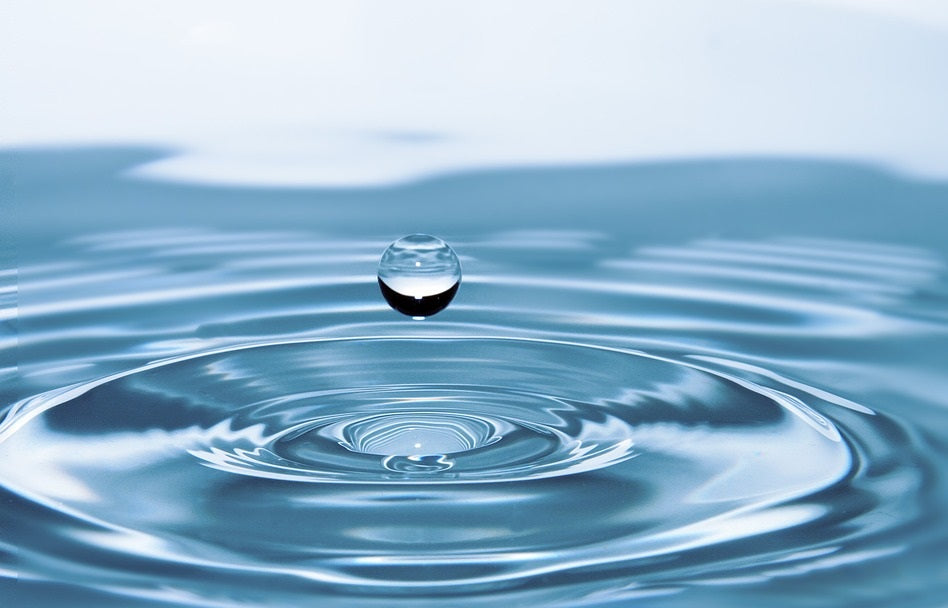What Is The Best Salt For My Water Softener
Do you own a water softener and have no idea about changing the water softener salt? Or, maybe you checked the brine tank and found out that you are running low with salt but have no idea what to do next. It is clear that you need to buy more salt and add it to the water softener. However, after reaching the store, a plethora of options can be baffling. The first question that pops into your mind would be, ‘what is the best salt for my water softener?’ If you have been through this phase and looking for a solution or browsing to check the options before you head up to the market, you are at the right place. After reading this article, you will be able to identify the different water salt and pick the one that suits you the best. So, without further ado, let’s go through the options.
Why You Need Water Softener Salts?
But, wait. Before heading to the choices, it is essential to know the importance of water softener salts and how do they work. The mechanism of the water softener works through an ion exchange process. This indicates that it changes the hardness ions with salt ions. The hardness ions turn the water hard while salt ions will replace them, changing the softness level of the water. This is the major difference between water purification tablets and water softeners.
A water purification tablet eliminates all the unwanted contaminants from the water. In contrast, the water softener exchanges the ion with the help of salt. This ion exchange system will soften the water using salt as the main catalyst. In short, there is no use of water softener without salt. Here is some essential pointer to understand the process:
- The ion exchange process takes place in the resin tank.
- When water enters inside the tank, it gets in contact with the small resin beads. The salt ions cover these beads and react with the water.
- The reaction will exchange the salt ions with hardness ions, changing the softness of the water.
Over time, the resin beads will also wear out, holding the hardness ions. However, the duration depends on your water consumption and the capability of the resin beads. Furthermore, the amount of salt you used for the process also affects the duration. Therefore, you need to choose the right amount wisely. Once the resin beads completely wear out, that’s when you need to replace the salt from your water softener. You can recharge the resin beads by replacing the salt pellets, tablets, crystals, and bags. After the replacement, the beads will recharge by replacing the hardness ions with salt. The waste-water drainage system will drain all the other excess minerals. But this process will efficiently work with the proper choice of salt. This leads to the question, “what is the best salt for my water.” So let’s head to the list of salt and how they are effective.
What is the Best Salt for My Water?
Here are some common water softener salts and their benefits:
1. Sea Salt
Solar salt or sea salt are different names for the same salt. Experts refer to this salt as solar salt because of the manufacturing process. In this process, the sunlight and wind act upon a pond filled with seawater. The brine pond during this process will become increasingly concentrated and forms crystal-like blocks of salt. If you want a cheaper solution for your water softener, sea salt will be the best option. Other than that, these salts are widely available. The purity of these salts is even higher than rock salt. The quality of the sea salt depends upon the product or brand. Therefore, it becomes a challenge to find high-quality sea salt.
2. Rock Salt
Rock salt extracted from the prehistoric deposit is widely available as well. Because of its availability, there are numerous brands in the market. You can also order the rock salt over the internet, making it a convenient option. Also, this option is budget-friendly due to its abundance. However, when it comes to the purity of salt for your water softener, rock salt would not be a better option. High-quality rock salt is rarely available. Also, it includes numerous other minerals that will clog up the tank and form salt bridges. As a result, you need to pay additional for maintenance which can be time-consuming and cost-effective.
3. Potassium Chloride
Many people consider potassium chloride as a non-salt option. But, technically, they are a type of salt. Food manufacturers utilize it as a substitute for sodium because it tastes similar to table salt. People are increasingly using potassium chloride for water softeners. The major reason is the impact of salt on health. Potassium chloride can be beneficial for people who need to reduce their sodium intake. But, the effect of salt to introduce sodium into the water is quite negligible. This indicates that healthy people do not have any danger in using salt for their water softener.
You can consider potential chloride as a water conditioner instead of a true softener. It does not remove the concentration of minerals from the water but crystallizes it. Even though this prevents the hardness of water, many experts suggest that it is not an effective water softener. In addition, this option is expensive than other softeners. So, by choosing Potassium chloride, you will be paying more than its performance.
You can read about our other popular reviews on Culligan, Kinetico, Rayne Water, and waterboss.
Conclusion
Now, as you know the advantages and disadvantages of the best salt for water softener, you can make an informed decision. Regardless of what option you choose from above, you will be able to soften the hardness of water with convenience. A water softener is a cost-effective option that will save you a lot of time and effort. Furthermore, this option is cost-effective.






